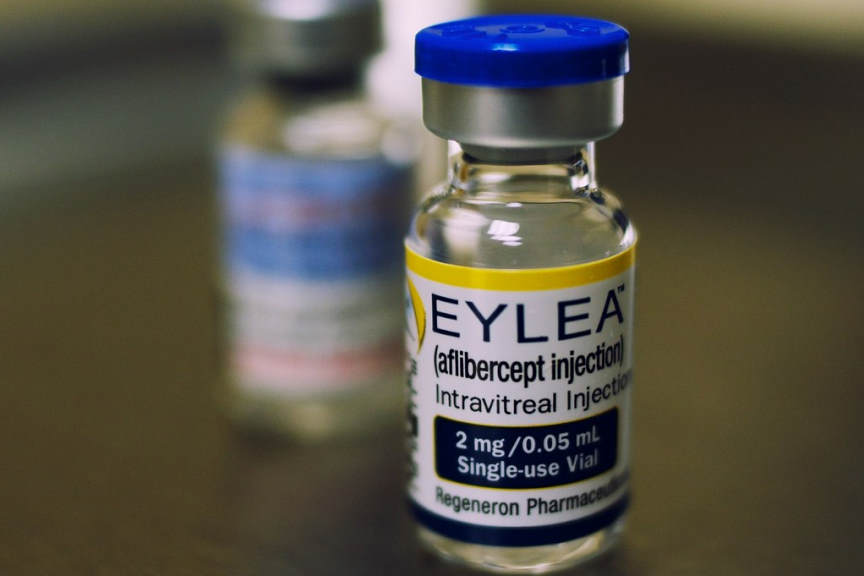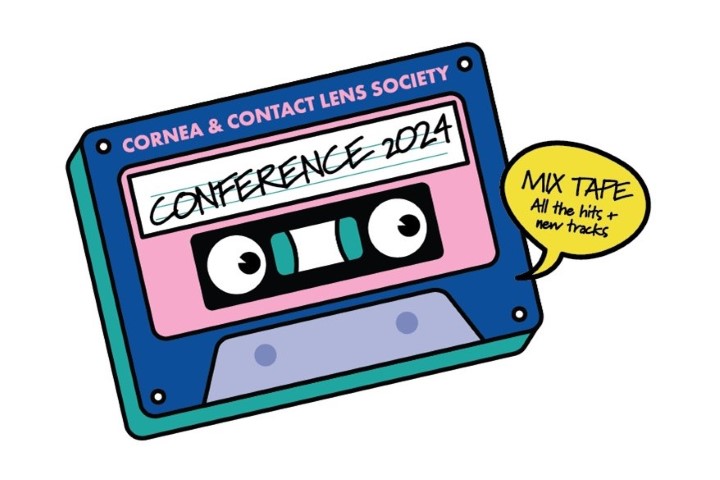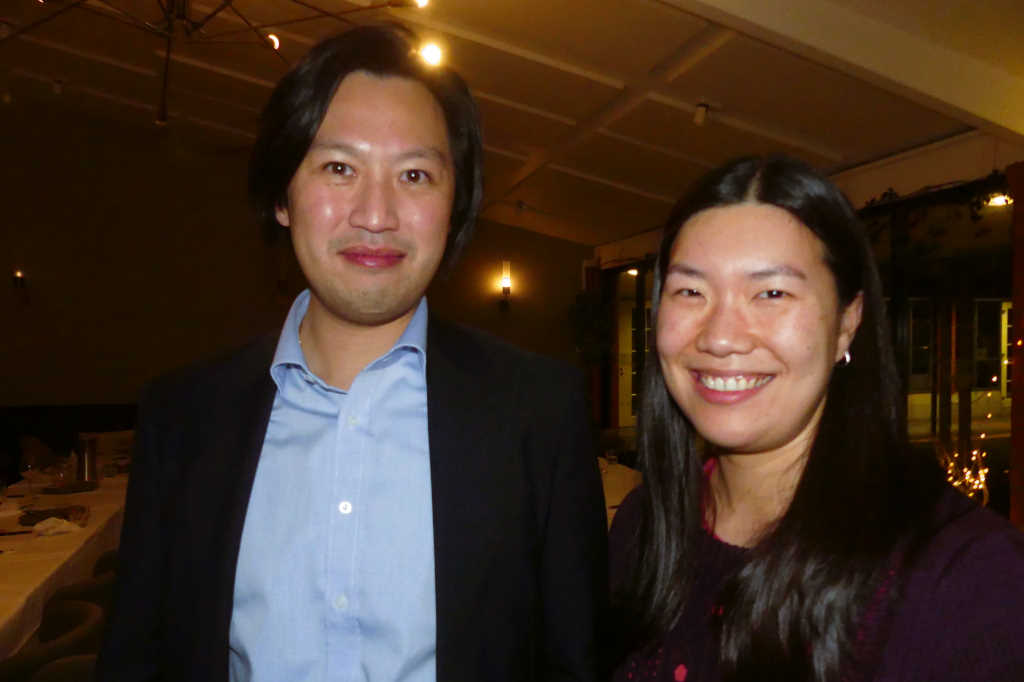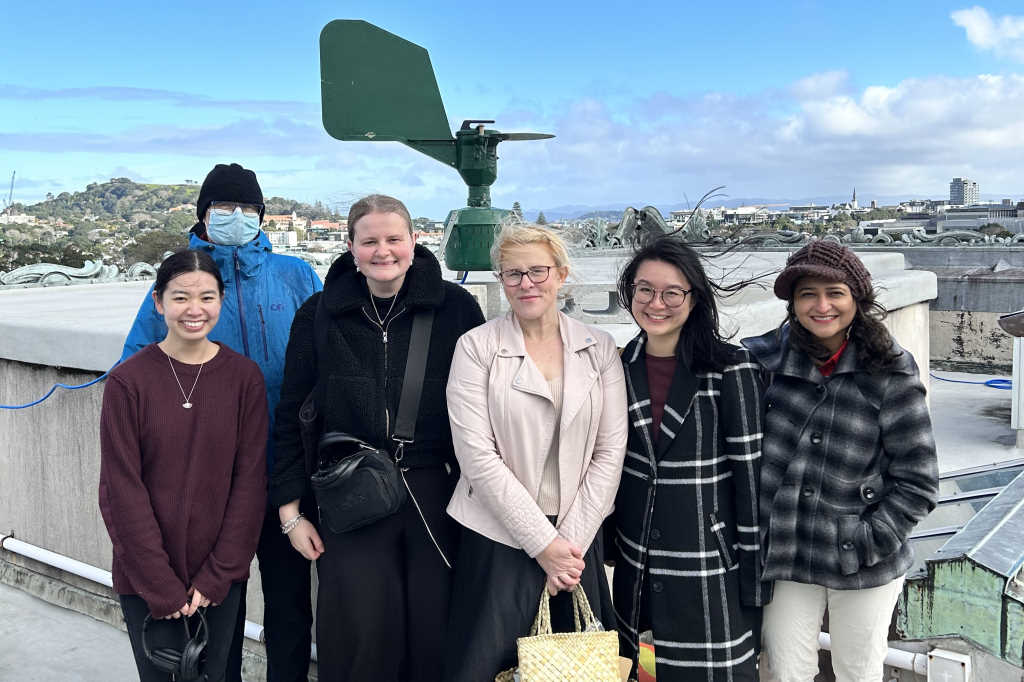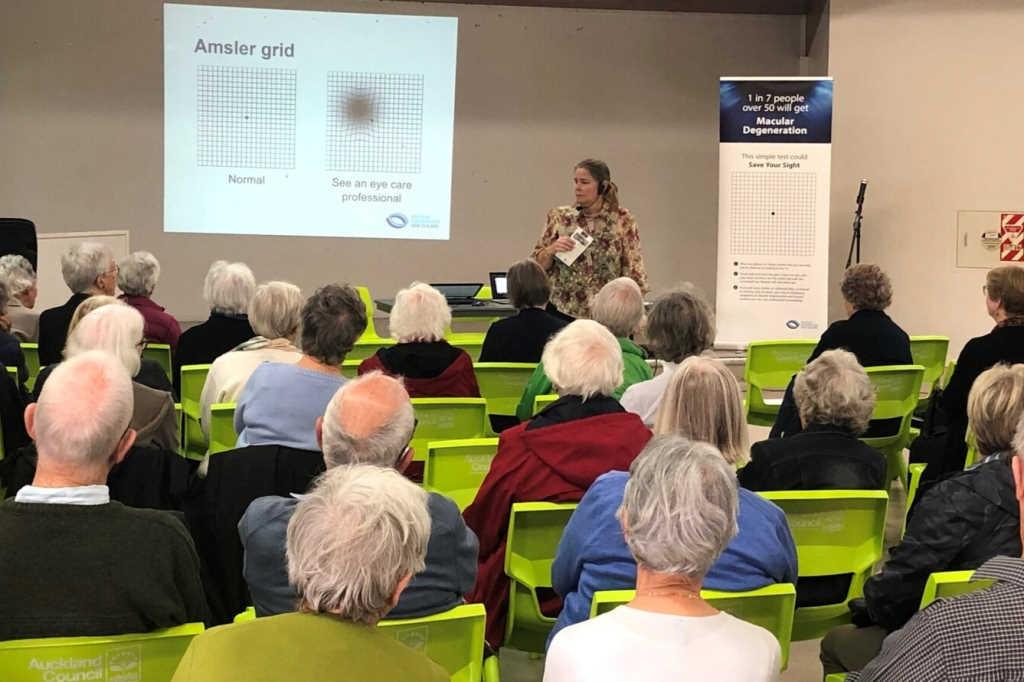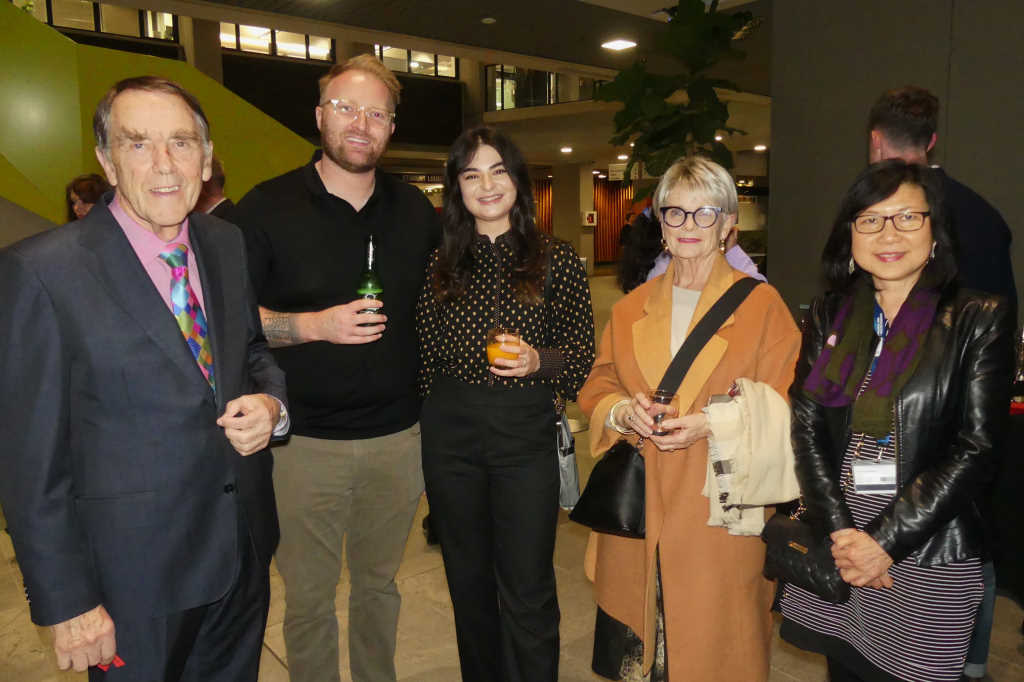Eylea back on the table
Eylea, close to funding
As part of its long-running review on funding the anti-vascular endothelial growth factor (anti-VEGF) agent aflibercept (Eylea), Pharmac sought feedback on its latest proposal last month, which includes amending the current hospital restrictions for ranibizumab (Lucentis).
Under the most recently proposed funding criteria for aflibercept, eligible patients with a range of ophthalmic conditions, including wet age-related macular degeneration (wAMD) and diabetic macular oedema (DMO), would be eligible to receive funded access to aflibercept, while patients who are currently receiving ranibizumab would have the option to switch, from 1 June 2018.
“Patients with wAMD are currently able to access bevacizumab (Avastin; off-label) and ranibizumab injections for the preservation of vision. Patients with DMO currently only have access to bevacizumab (off-label) injections. The current Pharmaceutical Schedule listing restrictions for both bevacizumab and ranibizumab only enable publicly-funded access when used in the DHB hospital setting,” details Pharmac’s proposal document. “This proposal is to list aflibercept in Section B and Section H of the Pharmaceutical Schedule as the second line anti-VEGF agent for both community and hospital use. There would be no change to the current listing of bevacizumab as a result of this proposal.”
Following repeated pressure from some ophthalmologists and the wider eye health community. Pharmac’s primary clinical advisory committee, the Pharmacology and Therapeutics Advisory Committee (PTAC), recommended aflibercept be funded as a second line anti-VEGF treatment for wAMD after bevacizumab (Avastin) in May 2017, bumping it above ranibizumab. This was referred to Pharmac’s ophthalmology subcommittee for further consideration and the latest proposal follows these discussions. For more, visit: www.pharmac.govt.nz/news/consultation-2018-03-27-aflibercept-rivaroxaban/










